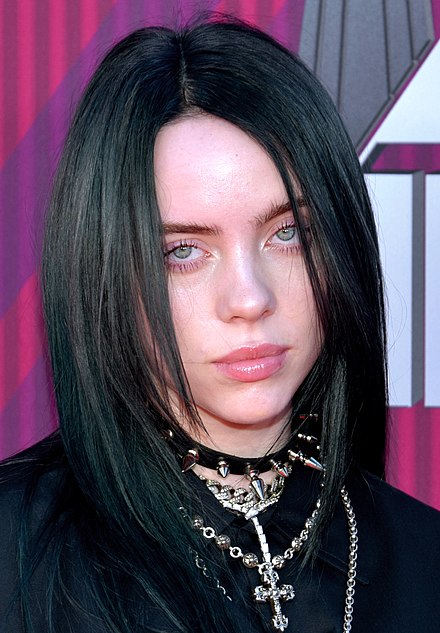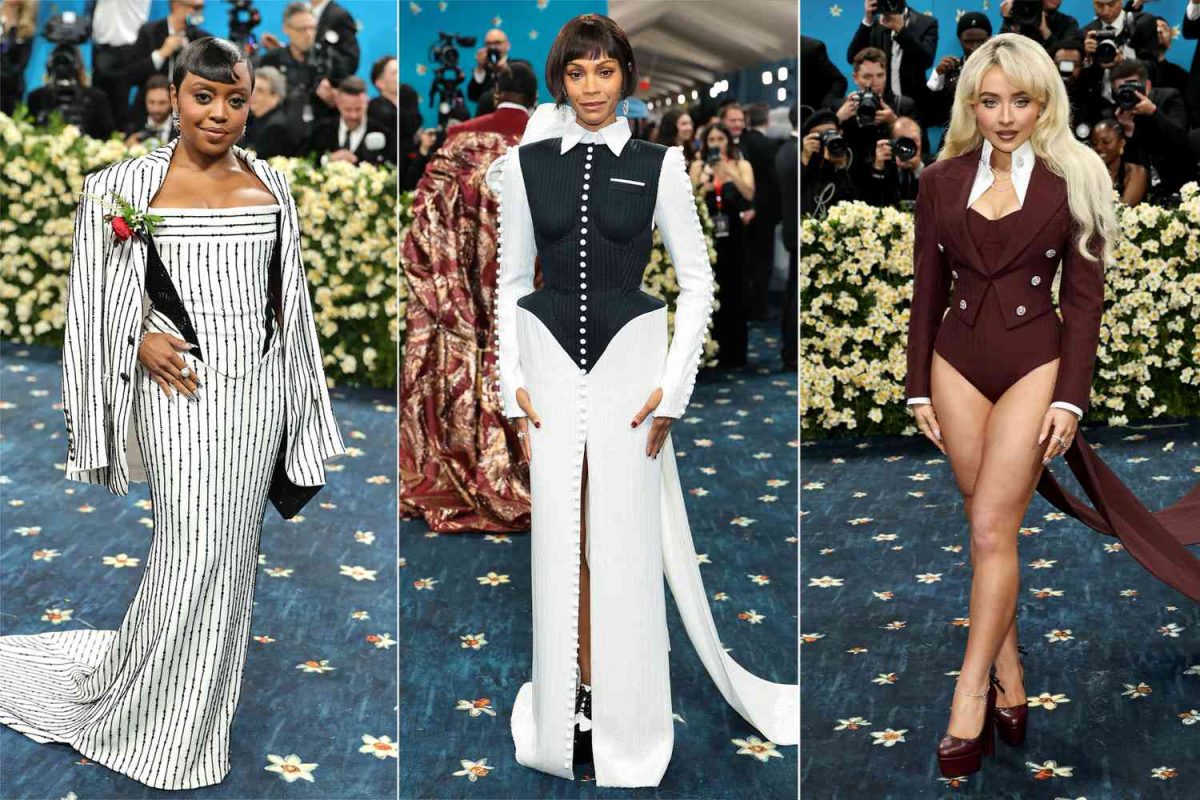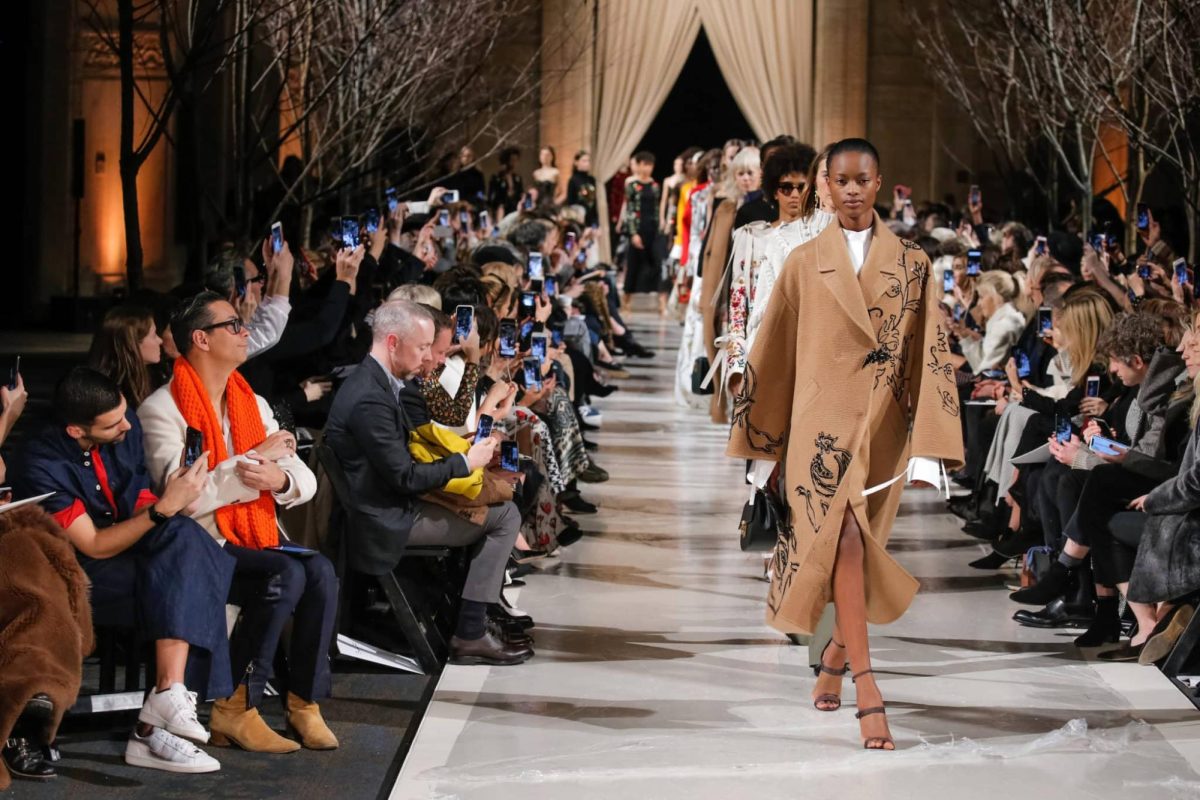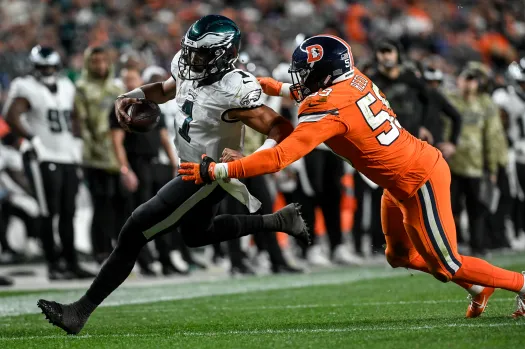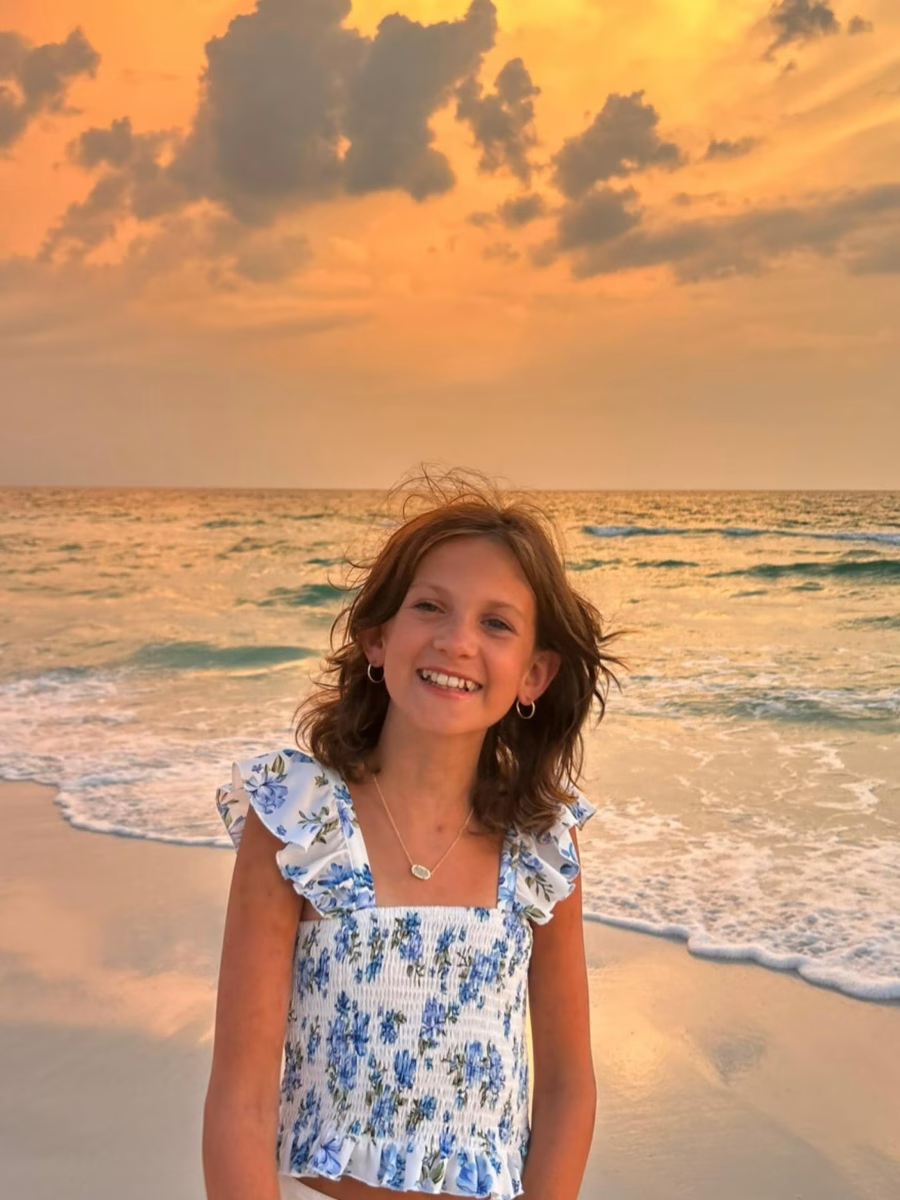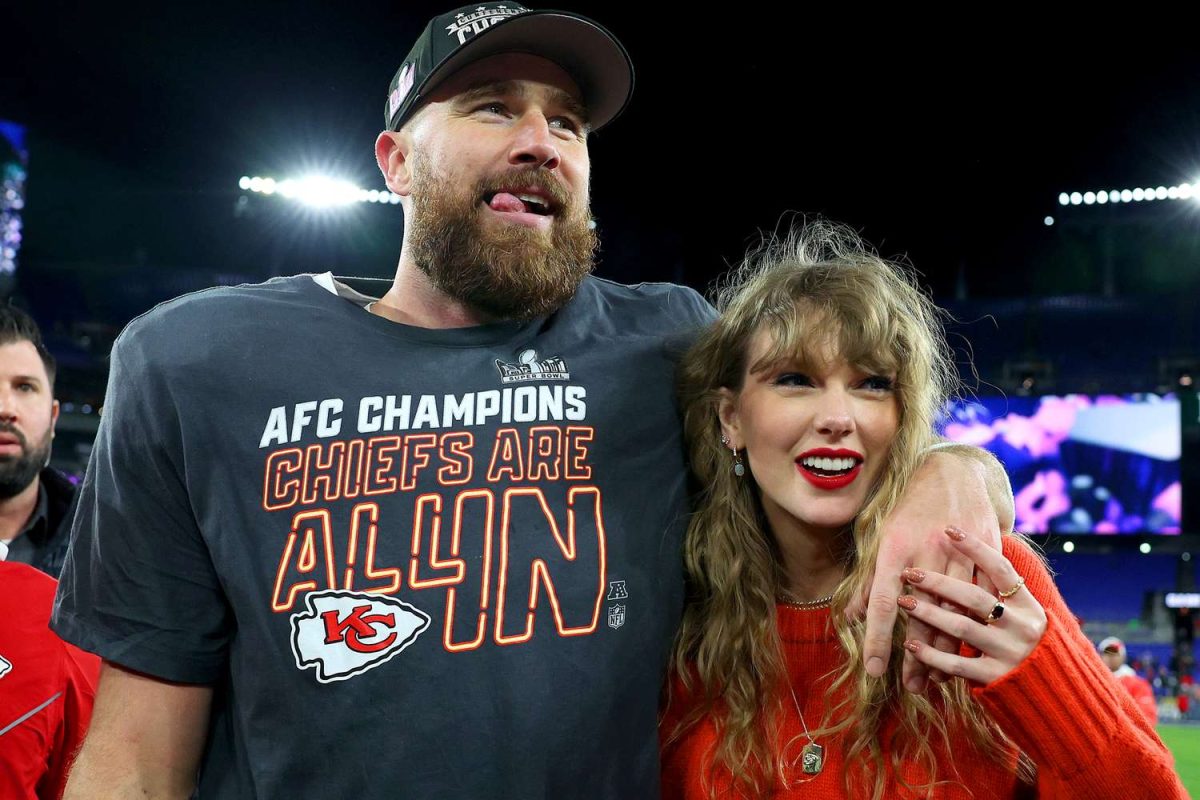2020 was a trying year, and in order to overcome or distract ourselves from all its trials, everyone relied on various forms of entertainment. Movies, books, and TV shows were major sources of comfort and mental stimulation for many of us, but perhaps the best reality-escape last year was music. Whether it be rap, pop, hiphop, or techno, music has been a universal refuge, not to mention a sign of continued production in a time of creative restriction, that I doubt we would have survived 2020 without. So, without further ado, here are five songs that brought us joy, peace, and connection during one of the most tumultuous and polarizing years in history.
#5: “Therefore I Am,” Billie Eilish
“Therefore I Am” is Billie Eilish’s fourth single, released on November 12, 2020 and ranked at No. 94 on the Billboard Hot 100. The song is remarkable for a myriad of reasons, namely its ability to playfully snub Billie’s critics whilst simultaneously exploring complex philosophical concepts. According to Genius, the titular lyric “[I think], therefore I am” quotes philosopher Rene Descartes’ theory that anything with the ability to think must exist, and the verse “top of the world, but your world isn’t real” seems to refer to Plato’s idea that the physical world each of us perceives is not necessarily real. Billie remarks, however, that the song is “not serious” and “very up for interpretation,” with spoken refrains that add to its playful quality. My favorite part is the spoken line, “stop, what the hell are you talking about? Get my pretty name outta your mouth,” which enhances the natural, conversational tone of the song in a flippant jibe at Billie’s haters.
#4: “Shameika,” Fiona Apple
“Shameika,” from Fiona Apple’s fifth album Fetch the Bolt Cutters released on April 17, 2020, is an ode to Fiona’s childhood acquaintance Shameika who comforted her after a bullying encounter with the words “you have potential.” These words stuck with Fiona for years after and gave her the fortitude to ignore her bullies and later overcome adversity in the music industry. The song’s chorus is simply “Shameika said I have potential” repeated four times and supported by the piano and drums whose incessant beating throughout the song conjures an image of young Fiona, angry and angsty but now empowered and determined. After the song’s release, Fiona found Shameika, who has been a rapper for thirty years, and the two collaborated on Shameika’s new track of a similar name Shameika Said. I’d have to say their musical partnership has potential!
#3: “Care,” beabadoobee
British singer-songwriter Bea Kristi, also known as beabadoobee, released “Care” as part of her debut album Fake It Flowers in July, 2020. Fake It Flowers, according to Bea, pays homage to nineties girl pop groups, with light melodies that contrast with deeper, often depressingly existential lyrical content. The song Care specifically has a very nineties feel and achieves a similar sound to that of Juliana Hatfield’s 1992 song Everybody Loves Me But You and Lisa Loeb’s 1995 hit Stay. Bea’s airy, childlike voice creates a youthful and lighthearted tone, while her lyrics convey a more serious message about adolescent depression and frustration. Care was written during a “sensitive” period in Bea’s own life characterized by intense weltschmerz and inexplicable anger towards even seemingly well-intentioned people, as illustrated in lyrics like “I don’t want your sympathy” and “I guess I’ve had it rough, but you don’t really care.” A lot of youth have connected to Bea’s anger as they struggled to make sense of and communicate their feelings during the pandemic, and many have likely felt relieved to discover they are not alone in their emotional confusion.
#2: “Blinding Lights,” The Weeknd
“Blinding Lights,” ranked at #23 on Pitchfork’s Top 100, is the first single released for The Weeknd’s fifth album After Hours. Reputedly written about The Weeknd’s ex-girlfriend Bella Hadid, “Blinding Lights” describes an insatiable man whose inability to quench his desires and “turn his obsessive carnal fantasies into reality” leave him desperately scrambling in an intoxicated spiral (Pitchfork). The song’s psychedelic quality is achieved not only in its lyrical content but in its use of 80s synth, which allows for the electronic sound of The Weeknd’s falsetto in the chorus. The Weeknd explains that the song’s title is quite literal, as it is inspired by the experience of driving drunk to someone’s house and being blinded by the streetlights. He clarifies that he doesn’t aim to promote this activity, but rather to emphasize the loneliness one must have to resort to it. The song’s implicit question seems to be “is it worth the risk?”, a question that is also applicable to those whose desperate desire for social interaction in COVID-times might lead them to make dangerous decisions.
#1: “Fire,” Waxahatchee
Fire by Katie Crutchfield, founder of the independent music project Waxahatchee, is from Katie’s fifth album Saint Cloud, released on March 27, 2020. Ranked at #10 on Pitchfork’s 100 Best Songs of 2020 and my favorite song on the list, Fire is a folksy tune that incorporates elements of pop such as vocal layering and chord progressions played on the electric piano. Katie gained the inspiration for it while she was driving over the Mississippi River and watching the fire-like glow of the sun reflecting off the water; she had been struggling recently to come up with new song ideas, maintain sobriety, and quiet her “internal dialogue of shame” when Fire suddenly lifted her out of her personal and professional rut. It’s an “anthem for self-love and self-acceptance,” Katie says, with lyrics like “if I could love you unconditionally, I could iron out the edges of the darkest night” that seem to describe romantic love but actually refer to Katie’s turbulent relationship with herself. The message of loving yourself through darkness was especially relevant in 2020 and is something many of us could still benefit from hearing as we continue to navigate dark times.
